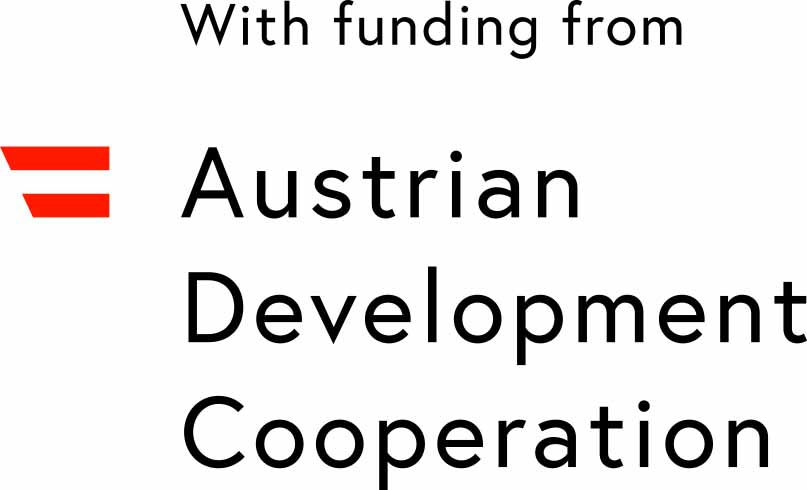Sustainable tourism
Sustainable tourism is tourism that remains fair to the environment and hosts, opens up economic opportunities for the local population, takes cultural identities into account and protects natural resources and the climate.
Sustainable tourism is fair to nature, the environment and the climate
The focus is on climate-friendly mobility, the protection and preservation of biodiversity and resource-efficient management.
Sustainable tourism is fair to people
On the one hand, this means good working conditions and fair pay for employees, gender equality and equal opportunities for women and men and that women and children are protected from sexual exploitation. On the other hand, sustainable tourism also respects the rights of the people who live in travel destinations – that they have the opportunity to actively participate in the tourism development of their home country and also benefit from tourism´s economic success.
Sustainable tourism is fair to the regional economy
Sustainable tourism strengthens the local economic cycles in the destination and helps to increase value creation in the region and create income opportunities for the local population.
Sustainable tourism – definition
Sustainable tourism, soft tourism, integrative tourism, fair travelling ... Among experts, the term "sustainable tourism" has prevailed and it has also been enshrined in the United Nations principles. Sustainable development according to the UN Earth Summit of 1992 was defined as "development which meets the needs of the present without compromising the ability of future generations to meet their own needs".
In the 1990s, this guiding principle was adopted by many organisations in the tourism sector and adapted for practical implementation in the tourism industry. The term "sustainable tourism" was thus established and, in 1999, defined by the German Forum on Environment and Development as follows: Sustainable tourism has to meet social, cultural, ecological and economic requirements. Sustainable tourism holds a long-term view, for present and future generations, is ethically and socially just and culturally adapted, ecologically viable and economically sensible and productive.
Nowadays, the concept of sustainable tourism largely replaced the term of soft tourism, which had been conceived in contrast to hard tourism (= mass tourism) in the 1980s. Likewise, ecotourism is not the same as sustainable tourism, as the former is often associated with the observation of flora and fauna, whereas sustainable tourism is a far more comprehensive concept and is designed to be applicable in the entire tourism system ‒ in mass tourism, too.


